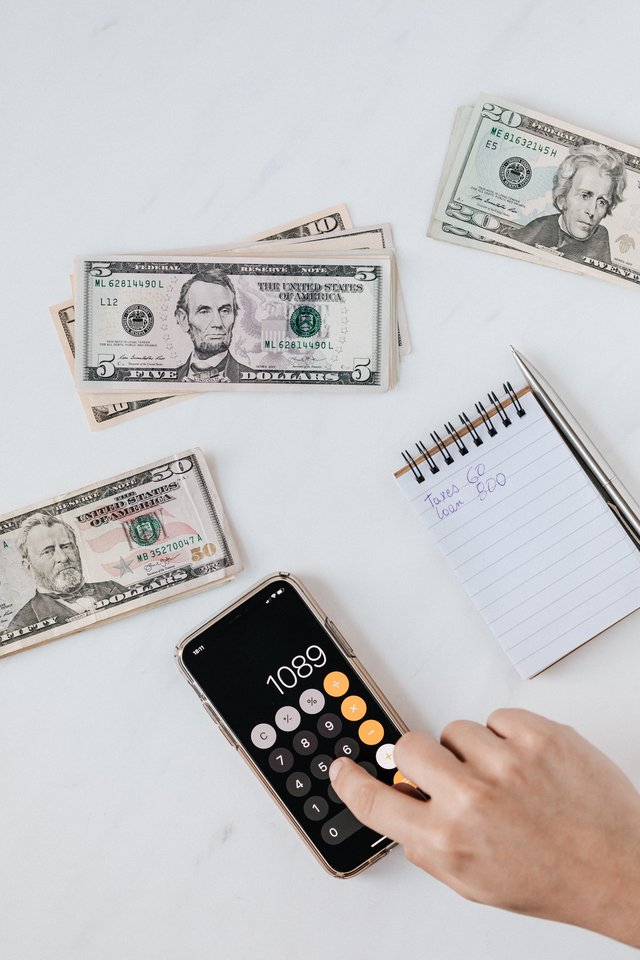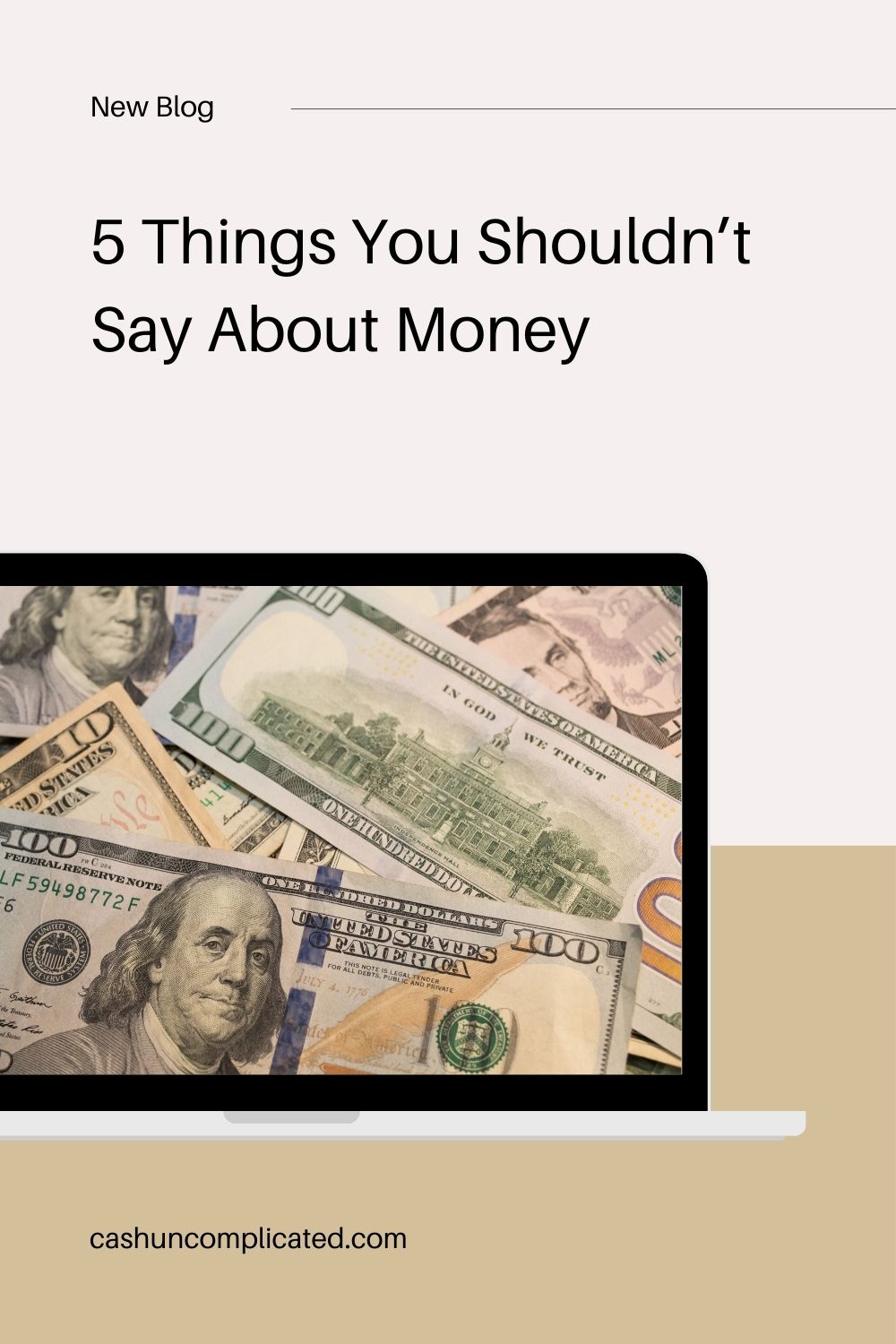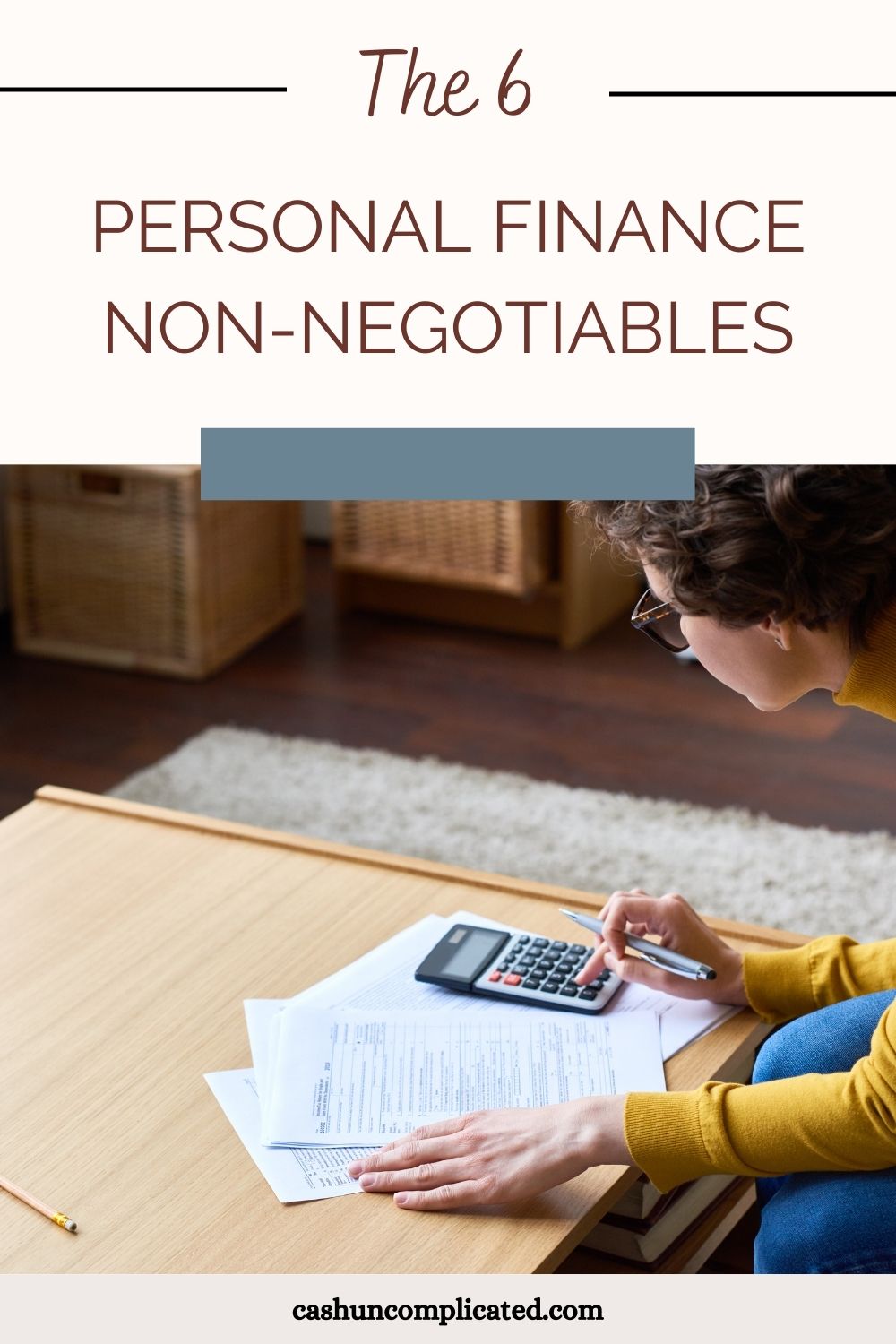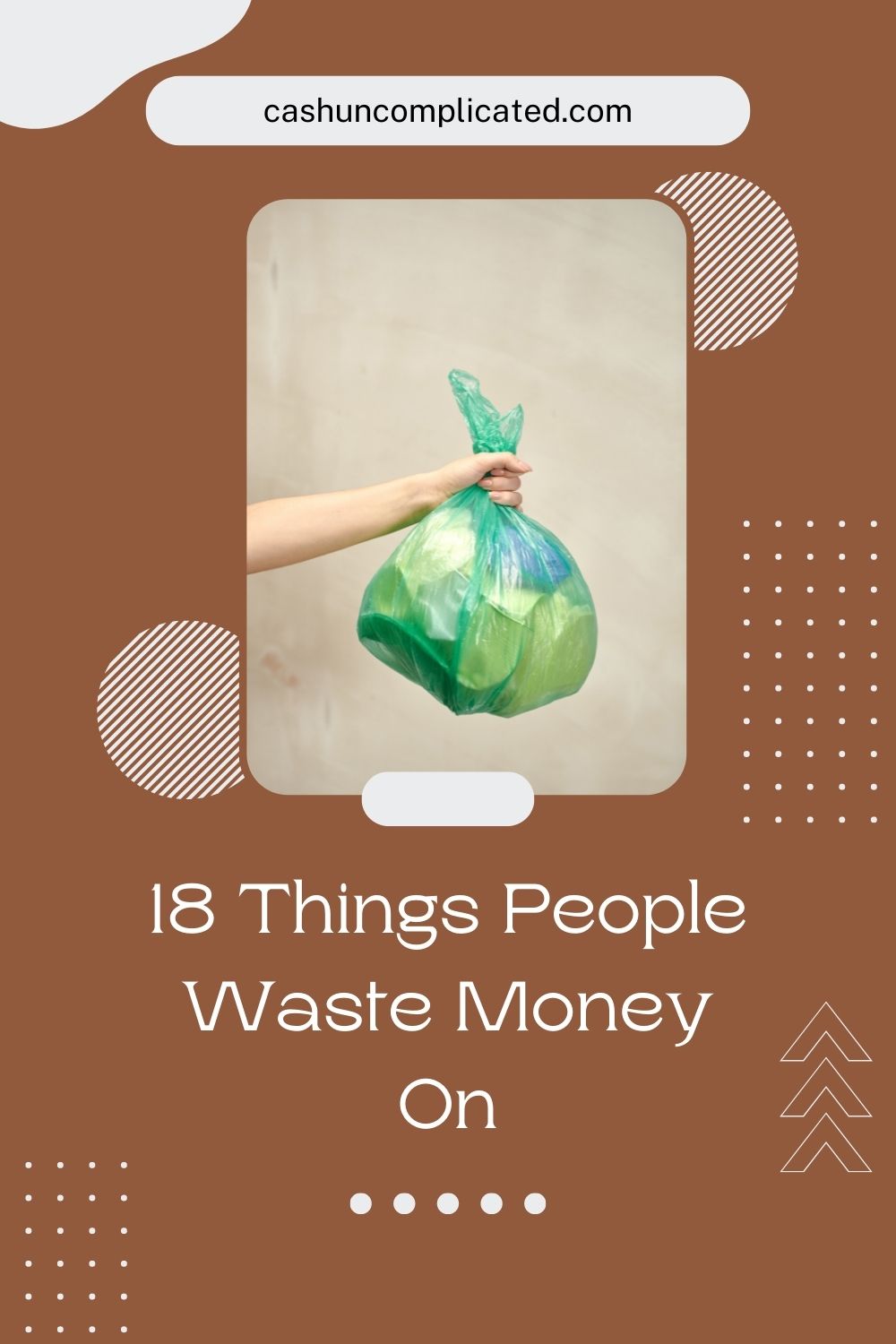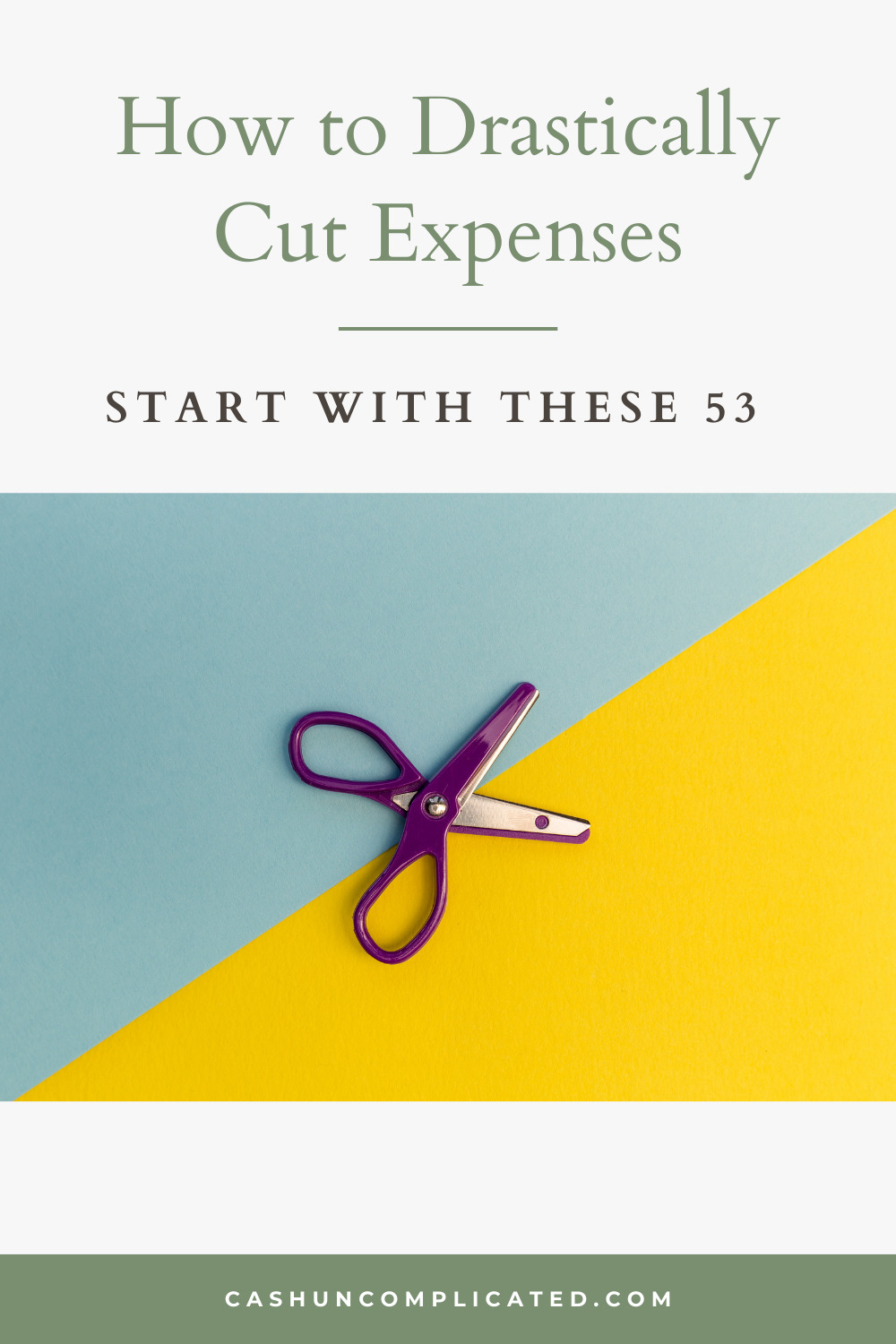In my early 20’s I didn’t make the time or effort to educate myself in personal finance, and ended up getting myself into a couple thousand dollars’ worth of credit card debt. I knew credit card debt wasn’t good, but I didn’t know just how dangerous it could be. Fortunately, it never got to that point. The debt didn’t feel right, and I worked myself out of it before it got too out of control.
Most of us know about bad debt, especially credit card debt. High interest cards can take years to pay off and have gotten many people into major financial trouble. But what are the other bad debts, and what’s the one bad debt almost nobody talks about?
Credit Card Debt
Let’s start with the most obvious. Credit cards are notorious for having high interest rates. In a July 22nd, 2020 article on creditcards.com, the average credit card APR is 16.03%.
That means if you carry a balance of $1,000 and only make the minimum payments with a 16.03% interest rate, you’ll end up paying $1,397.73. And it will take you 5 years and 6 months to pay off.
Make the minimum payment on a balance of $10,000 using the same numbers as above, and you’ll pay $14,910.43 over 12 years and 8 months.
If you only make the minimum payment on a $20,000 balance, the numbers are even worse. $29,924.47 over 14 years and 9 months.
You get the point. The higher the balance, the more money you give to the credit cards for a longer period of time. Years and years of suffocating debt.
Car Payments
It’s almost assumed that if you buy a car, you get financing. Somehow this has become a cultural norm. I’ve even heard people say that it’s time for them to get a new car because they paid off their current car loan. This makes no sense to me.
Financing a car should not be a cultural norm. Car loans are expensive. In a Bankrate report updated July 22nd, 2020, new car loans have an average interest rate of 4.24% for 48 and 60 month loans. And 4.60% for a 36 month used car loan.
Suppose you buy a new car for $28,000 (including taxes and fees) and put $3,000 down. If you finance the remaining $25,000 for 60 months at 4.24% interest, you will end up paying $463 per month for a total of $27,780.
That means you paid $2,780 more than the price you agreed on with the dealer. Don’t just assume you should get a car loan because you can “afford” the payments. You’ll end up paying a lot more than you thought.
There is also a psychology to car payments, that I address in this article.
If you currently have a car payment(s), pay it off as quickly as possible. If you don’t have a car payment, start saving money each month so you can pay cash for your next car.
Store Credit Cards
We’ve all experienced this. The cashier at the store scans your last item and cheerfully asks, “Would you like to open up a store credit card to save an extra 10% today?”
Stores ask this because they want to collect the interest on your store credit balance. Store credit seems fairly benign at first. It’s only one store and the credit limits are usually small. Seems harmless right?
Paying only the minimum on these cards is the same thing as paying the minimum on traditional credit cards. The only difference is it’s called “store credit.”
Store credit cards are especially harmful when people start to open up cards at multiple stores. This just complies the debt and makes it easier to spend more at these stores. Which happens all the time.
I like to keep personal finance simple. Having multiple store credit cards is not simple. It’s easy to lose track of all the cards and to miss payments. Imagine having 15 store credit cards in your wallet and trying to track how much you owe on each card. All in the name of “saving” ten percent on a $60 purchase. No thank you.
If you carry a balance on one or more store credit cards, pay them off now. Then get rid of them.
Personal Loans
It’s easy to get a personal loan. Many companies offer them in an effort to consolidate debt. Promises of low interest rates and longer terms are appealing.
While it may be prudent to consolidate debt into one personal loan, you still want to pay these loans off as quickly as possible. The simple act of consolidating debt into one personal loan doesn’t all of a sudden make it a good debt.
Just because a personal loan is better than multiple high interest rate credit cards doesn’t transform it to good debt. It’s just less bad. Pay it off and don’t re-borrow on the loan.
The Hidden Bad Debt Nobody Talks About: Money Owed to Friends or Family
I rarely hear anyone talk about this debt. Money that you owe friends or family. While your friends and family may have been generous to give you a low or no interest loan, this is not good debt.
Owing other people money is not good for the relationship. At best, it creates an imbalance of power because one person owes the other. At worst, it creates negative feelings, arguments, and a potential falling-out.
Imagine a scenario in which a parent lends her child $10,000. The agreement is that the child will pay back $300 every month until the money is paid back. The parent is generous enough to charge no interest on this loan.
Everything goes well the first year. Payments are made in full, and on time. Then, the parent learns that her child spent his entire $4,200 tax refund on a trip to Hawaii. The parent understands the agreement was to pay $300 per month, but is feeling a little irritated with her kid.
She feels taken advantage of because she gave him an interest free loan while he takes a trip the next year. The kid is oblivious to all this and takes the vacation.
Money owed to friends and family is not good debt. If you owe someone money, pay it off as quickly as possible.
What’s the worst debt you’ve ever had?

